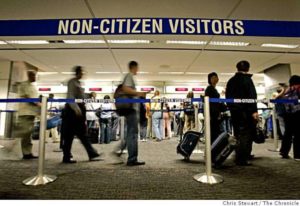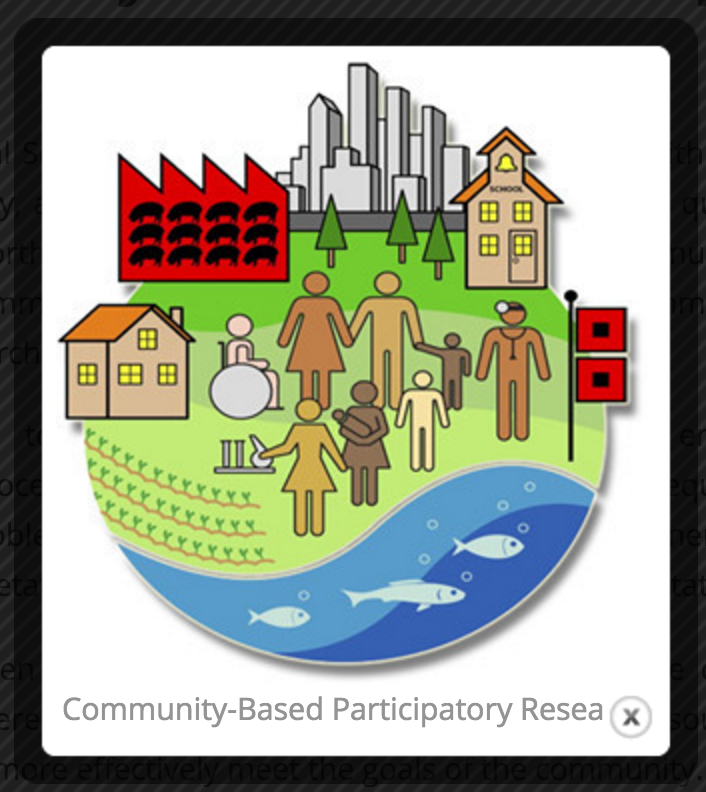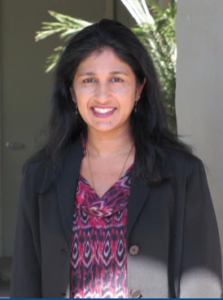Who Controls your Destiny?
Feeling afraid or a little more anxious lately? Chances are you’re not alone. Over the past few weeks the political environment has impacted just about everyone in the United States. Parents, students, teachers, health care providers, health care recipients, immigrants, and employees have voiced their concerns. Specifically, the executive order on immigration has heightened the level of fear among many immigrants. The proposed repeal of the Affordable Care Act and reversal of health care insurance for millions of Americans has raised anxiety levels for individuals who were just getting comfortable with having access to health care. Some parents, teachers, and educational administrators are also fearing the effects of public-school privatization. Beyond the executive order and imminent changes to health care and education, the threat of losing reproductive rights and returning to a pre-Roe v. Wade era have rallied protestors against the nomination of Judge Neil Gorsuch to the supreme court.
The flurry of changes since the president’s inauguration have left some feeling like they cannot keep up. If you have felt overwhelmed, you might have contemplated turning off the news or avoiding social media all together. However, the fear of missing critical information may have hindered your ability to disconnect for any significant length of time. The rapid onslaught of change without time to prepare could trigger higher levels of anxiety that could compromise your health. A perceived threat of danger triggers the release of chemicals like cortisol and norepinephrine that circulate throughout your body. When constantly activated, these chemicals could affect you emotionally, physically, and psychologically. For example, stress hormones could raise your blood pressure, worsen blood sugar levels, make it difficult for you to concentrate, contribute to irritability, lessen job productivity, contribute to weight gain, and strain relationships.
The detrimental effects of fear and anxiety have been studied extensively and a google search of the words stress management yields over 16 million results. So why do so many individuals have a difficult time dealing with stress. In the 2008 action thriller Taken, Liam Neeson tells his teenage daughter over the phone that she is about to be kidnapped by the men who just broke into her home. He tells her not to panic and to describe everything she hears and sees and to hide under the bed. You might be thinking, only in a movie. But, many may feel anxious about where the current Trump administration is taking them or what rights could be taken from them. This could make it difficult to effectively assess and disseminate what is happening. Knowing how to recognize and release stress to safely navigate a world where uncertainty is heightened is critical to one’s health.
Rather than adding to the plethora of resources that discuss how to deal with stress, Dr. Beard, Senior Fellow with the Center for Health, Media, & Policy will integrate knowledge from the social and life sciences and use the current political environment as a vehicle to explore the complex connections between stress, life expectancy, health outcomes, and health disparities. Her guests will raise awareness of the disparate effects of stress and allow you to decide who will control your destiny when you believe your rights might be taken. Stay tuned for this three part series starting in March 2017.
Feeling afraid or a little more anxious





